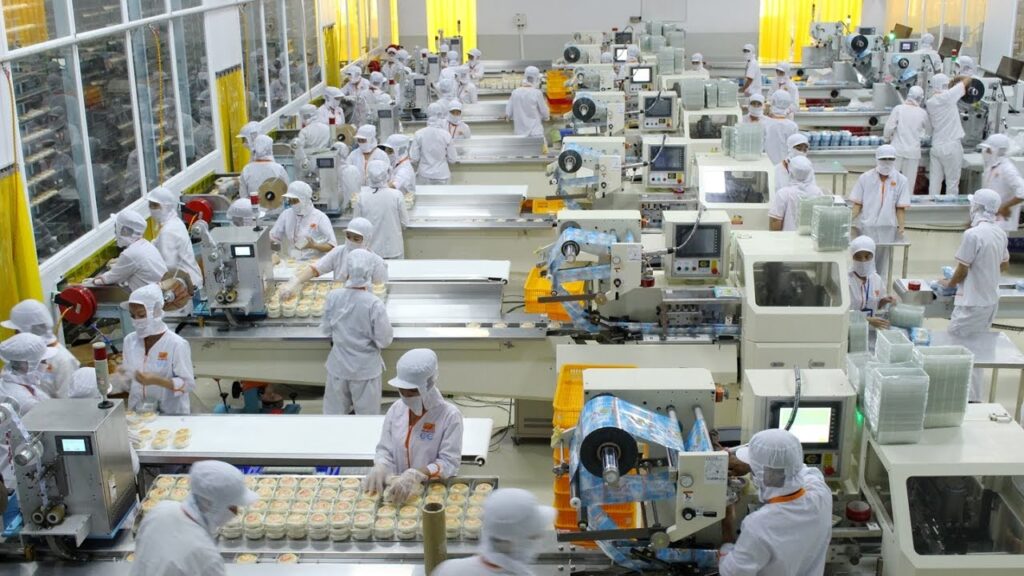Early US Recognition of Market Economy Status to Boost Vietnamese Exports
The US’s recognition of Vietnam as a market economy is expected to create significant business opportunities for Vietnamese enterprises and facilitate their exports to the US market, experts say.

In early May 2024, the US Department of Commerce held a hearing on recognizing Vietnam’s market economy status. Vietnam has long been striving to meet the six criteria set by the US for this recognition. These criteria include economic reforms, currency convertibility, wage negotiations between employees and employers, foreign investment levels, and the balance between state and private ownership.
International analysts have noted that Vietnam has performed well in meeting these criteria, often exceeding the standards of other countries that have already been granted market economy status. For example, Vietnam’s state intervention in enterprises is less than India’s, and its openness to foreign investment surpasses that of Indonesia, Canada, and the Philippines.
Nguyen Thi Thu Trang, Director of the Centre for WTO and Integration under the Vietnam Chamber of Commerce and Industry (VCCI), emphasized that US recognition would significantly benefit Vietnam’s manufacturing and export industries, primarily through tax reductions on exports. This recognition could also encourage US companies to diversify their supply chains.
James Borton, a non-resident senior fellow at the Foreign Policy Institute (FPI) of Johns Hopkins University’s Paul H. Nitze School of Advanced International Studies (SAIS), wrote on geopoliticalmonitor.com that market economy status would bring numerous economic benefits to both countries. Enhanced trade flows and the US push for the Indo-Pacific Economic Framework for Prosperity (IPEF) underscore the importance of this recognition for expanding Vietnam-US trade and investment.
For US companies, recognizing Vietnam as a market economy would improve market access and export opportunities in sectors such as agriculture, machinery, aircraft, and pharmaceuticals, thereby strengthening the supply chain to align with US interests. This recognition would also reduce trade barriers, making it more cost-effective for US businesses to export goods and services to Vietnam.
Additionally, this status could incentivize US companies to diversify their supply chains further, lower import prices, and improve market access. This could lead to increased output and production in Vietnam, boosting sales revenues and profitability for American companies operating there.
Nguyen Dinh Luong, former head of the Vietnamese negotiation delegation for the Vietnam-US Bilateral Trade Agreement (BTA), noted that for Vietnam to be fully recognized as a market economy, it must align with global laws and apply universal principles in new areas, creating a roadmap to secure its position in the global market.
Trang advised Vietnamese businesses to regularly update themselves on US market regulations, focusing on trade remedies, epidemic prevention, hygiene, technical standards, rules of origin, and labor employment standards to maximize the benefits of market economy recognition.


